A Chance to Retrieve History
Roger Morris, who served on the senior staff of the National Security Council under Presidents Johnson and Nixon, knows a thing or two about the folly of escalation. In this must-read essay, the award-winning historian reminds us that a military's unwillingness to admit defeat and a president's desire for victory are no excuse for the lives wasted on a futile vision of conquest.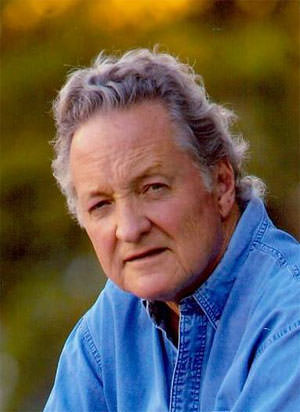
Roger Morris, who served on the senior staff of the National Security Council under Presidents Johnson and Nixon, knows a thing or two about the folly of escalation. In this must-read essay, the award-winning historian reminds us that a military’s unwillingness to admit defeat and a president’s desire for victory are no excuse for the lives wasted on a futile vision of conquest.
Your support matters…Green Institute:
One of the books in the backdrop of the White House Library must have been on quantum physics. As President George W. Bush stood awkwardly at his podium Wednesday night, nervously drawing breaths at each sentence as he began his long-awaited speech [on] Iraq, Washington’s parallel universes seemed to crowd the room.
I used to go to that library often, fleeing the commotion of another stationary policy. It was 1969. My universe was the National Security Council staff under then-President Richard Nixon and his advisor Henry Kissinger. We were fresh from another election in which America voted to end a war. Yet in another abhorrence of defeat, the familiar lure of some redeeming if only cosmetic victory, we met in secret to plan another escalation. “I can’t believe,” Kissinger told us, “that a fourth-rate power like North Vietnam doesn’t have a breaking point.” As we plotted a massive blow — the carpet bombing of Hanoi and Haiphong that happened three years later — the war America voted to end was only half over, with only half the dead whose names would fill the long black wall of Washington’s Vietnam Memorial.
There were other universes then, too. I sat across from the angry deflecting bravado of another military unable to admit defeat, impotence and its own ample share in the common disaster, officers who became mentors of our puerile power point generals of Mesopotamia. After I resigned from the White House over the invasion of Cambodia, I saw another universe of careerism, of craven equivocation in a Democratic opposition ever cowed by Republican chauvinism. I sat then across from maimed Vietnam veterans come to Capitol Hill to scream and murmur for peace, their bodies shaking in rage yet legs and arms strangely still, frozen in paralysis. Iraq is not Vietnam. Not just in the far wider geo-political ruin, but in sheer blind repetition of behavior expecting a different result, a mark of madness in nations as in individuals, it is worse.
The universes around Mr. Bush’s speech still tell the story. There is his, a feast for future biographers. At one of the most challenging moments in history, we cheered, and choose again, the most ill-equipped president and advisors of the most tragically uninformed and desperately held presumption. When those who ruled as his regents, Vice President Dick Cheney and Secretary of Defense Don Rumsfeld, were dominating the Ford Administration and seeding much of today’s calamity three decades ago in their own universes of ambition, twenty-nine year-old George W. Bush, the lineage’s least fortunate son, was in Midland, Texas, partying heartily and scrounging for some role on the rusty panhandle fringes of the oil business.
Then the others: In its plush offices, the American Enterprise Institute, so typical of Washington’s think tank warriors so near power, so far from Baghdad and the consequences of their prolix urgings to invade and surge, and now with many Neo-Cons venomously jumping ship, nearly the last of that relentlessly deficient claque, or any other constituency, to tell Mr. Bush what all failed politicians hope to hear, that he still has a chance to retrieve history.
Independent journalism is under threat and overshadowed by heavily funded mainstream media.
You can help level the playing field. Become a member.
Your tax-deductible contribution keeps us digging beneath the headlines to give you thought-provoking, investigative reporting and analysis that unearths what's really happening- without compromise.
Give today to support our courageous, independent journalists.
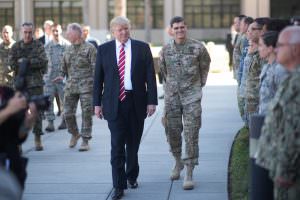

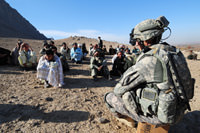
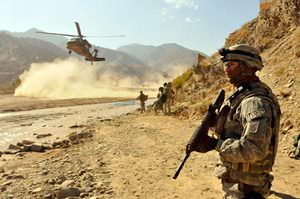
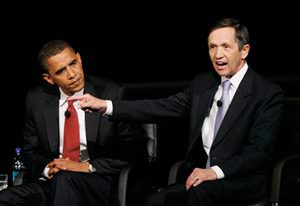
You need to be a supporter to comment.
There are currently no responses to this article.
Be the first to respond.